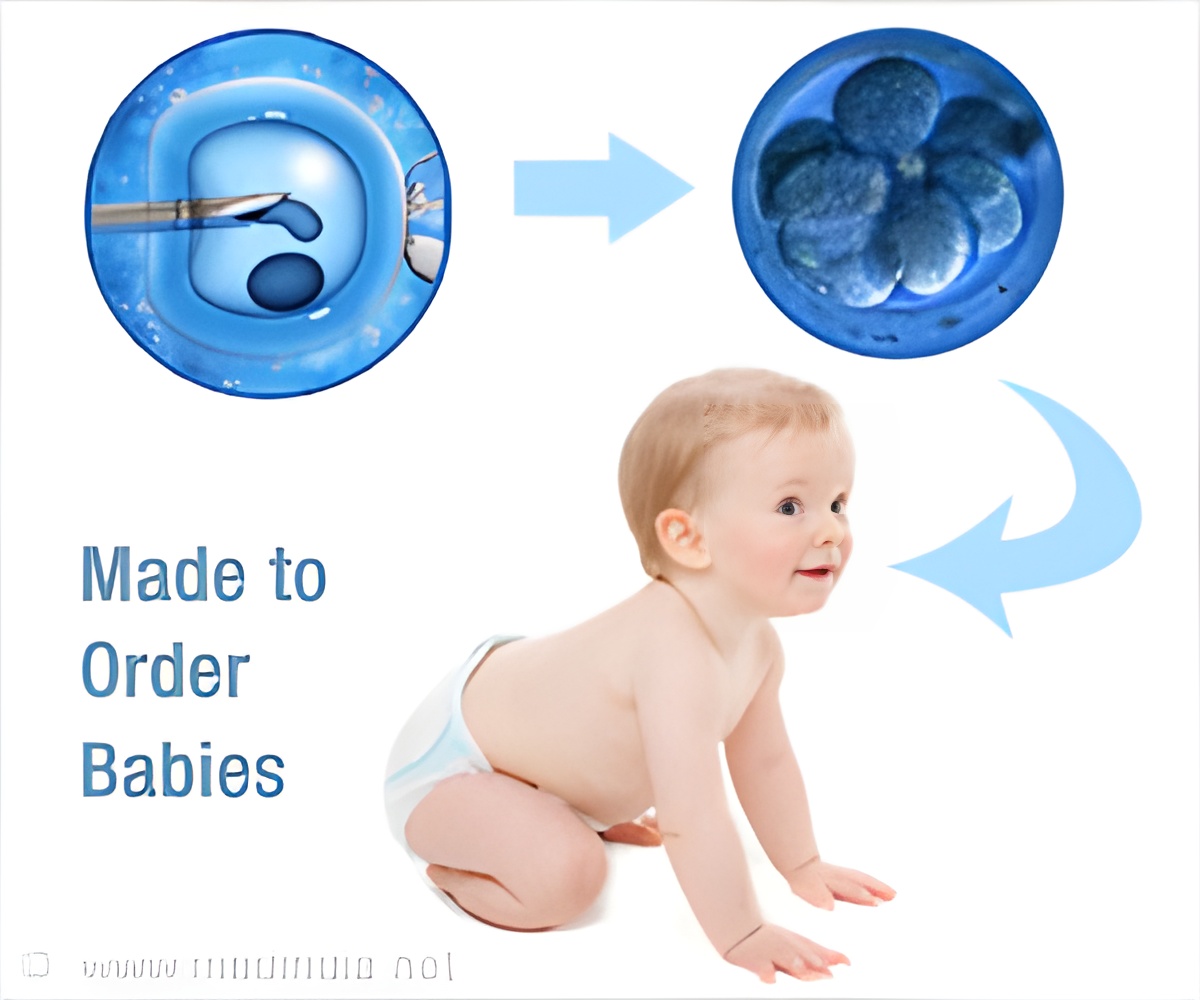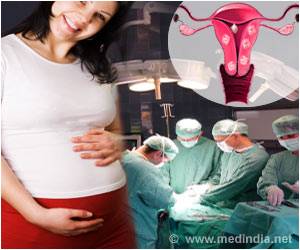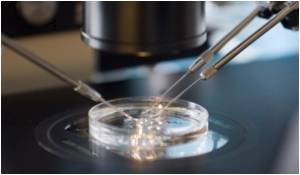
In recent years the recipients of the eggs have become more selective and desire more control on the attributes of the donor selected to donate the egg for their future babies. It is but natural for the parents to desire that the donated egg baby has a strong resemblance to them and this would avoid the discomfort of disclosure later in life with the offspring, family, and friends.
The study conducted in New York City from 2008 to 2012 and looked at the recipient’s preference for donors attributes who were participating in a private, academic egg donation program. This preference by the recipients for specific type of donated egg was studied among 438 would be mothers who were to receive the donated egg.
During the initial psychological counselling of the recipient, they were presented with the same set of standardized questions by a therapist. The matching criteria for egg donors included - Intelligence (high IQ or smart), health (donor medical background and/or mental stability), physical ability (athletic), appearance (similar appearance) ethnicity (similar gene pool).
The study demonstrates that the prospective mothers preferred health, intelligence and athleticism in their prospective donors and this choice increased significantly over the 5-year analysis. Egg recipients appear to choose donor qualities that would serve their offspring well, in addition to the recipient's desire for offspring with a similar genetic background and appearance.
The authors conclude that improved social awareness, acceptance and education of egg donation as a treatment of infertility will continue to enhance practical considerations and approaches toward donor recruitment and the donor–recipient matching process. The authors documented statistically significant increases and decreases in the different categories over the years, with more "practical traits" that would improve offspring's overall quality of life tending to increase compared to "self-reflective" traits. "As social acceptance of ovum donation has increased, and donor selection has become more sophisticated, couples are changing their preferences for what donor characteristics they value most for their future offspring," says Susan G. Kornstein, MD, Editor-in-Chief of Journal of Women's Health, Executive Director of the Virginia Commonwealth University Institute for Women's Health, Richmond, VA, and President of the Academy of Women's Health. The article is available free on the Journal of Women's Health website at http:online.liebertpub.com until November 20, 2014.












